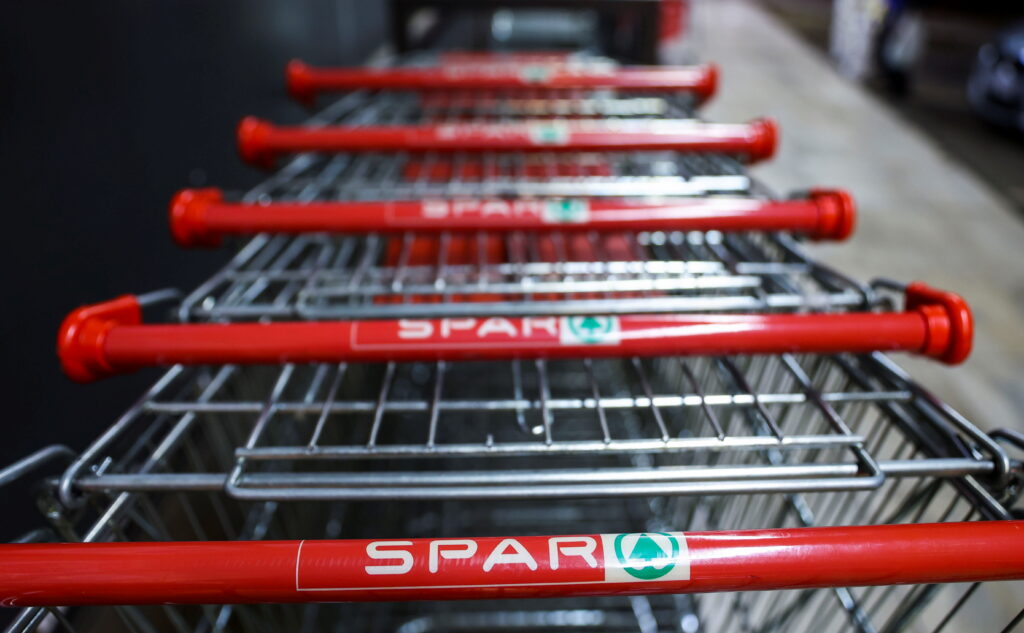The world faces an ongoing plastics crisis, with the World Economic Forum warning that consumption of single-use plastics will rise from 460 million tonnes in 2029 to 1.231 billion tonnes by 2060.
This makes Spar Group's commitment to phasing out harmful plastics and reducing the contribution of unrecycled multilayer materials in our oceans and landfills particularly timely.
advertisement
Continue reading below
A statement released by the group on February 28, 2024, calls for an intentional approach to circular design and a commitment to designing packaging that is reusable or recyclable and contains recycled content. emphasized.
read: The world's top plastic users are likely to miss their sustainability goals
“In 2023 alone, Spar Group recycled 19,000 tonnes of cardboard and plastic through its reverse logistics operations. All carry bags are now made from 100% recycled materials and at least 70% is post-consumer waste. “It is 100% recyclable and diverts around 4,000 tonnes of plastic waste from landfills annually. These numbers represent a 40% reduction in carbon emissions from production.” is written.
The report says the Johannesburg, Tshwane and Cape Town metro landfills have less than 10 years left in their useful lives.
Commenting on this, Kevin O'Brien, the group's head of sustainability, said: “In fact, an article in EWN from April last year said that the majority of SA's metro landfills only have a lifespan of one to two years at most. It’s a big concern that needs to be addressed.”
Commenting further on the steps the Group has taken to promote sustainable packaging, Mr O'Brien said: “We actively pursue responsible packaging, sustainable product design, and environmentally friendly processes that prioritize the well-being of our planet. We also support the use of responsibly sourced raw materials. We are also careful to develop environmentally friendly practices and alternatives, all of which can make a difference in eliminating problematic plastics.
advertisement
Continue reading below
Read/listen:
Spar suspends dividend as profits plummet
Shoprite secures R3.5 billion in financing for green projects
Coca-Cola launches new African sustainability platform 'Jamii'
“What is clear is that recycling alone will not solve the plastic waste crisis. To achieve the goals we have set, we will need to make difficult decisions and make significant investments, but we is ready to do that. If retailers of all sizes across the country did the same, the retail sector's contribution to plastic waste would be significantly reduced and its environmental impact would improve.” O'Brien concluded.
Terri-Ann Brouwers is an intern at Moneyweb.

